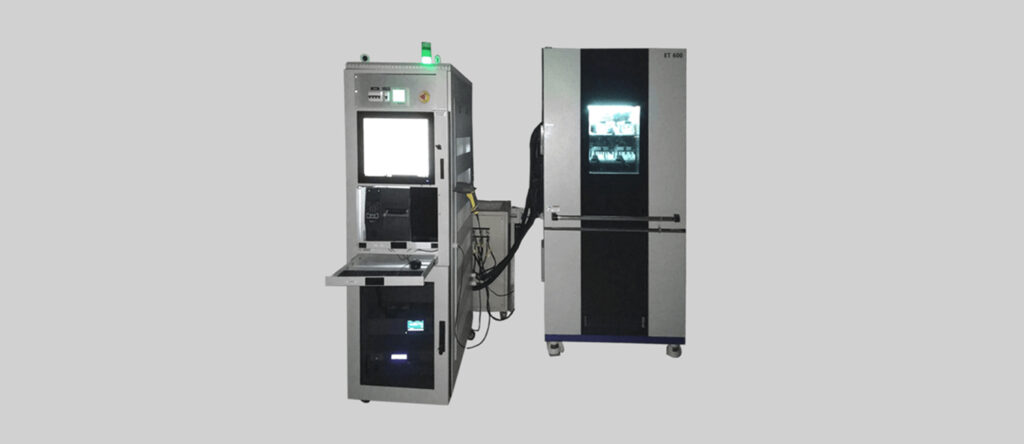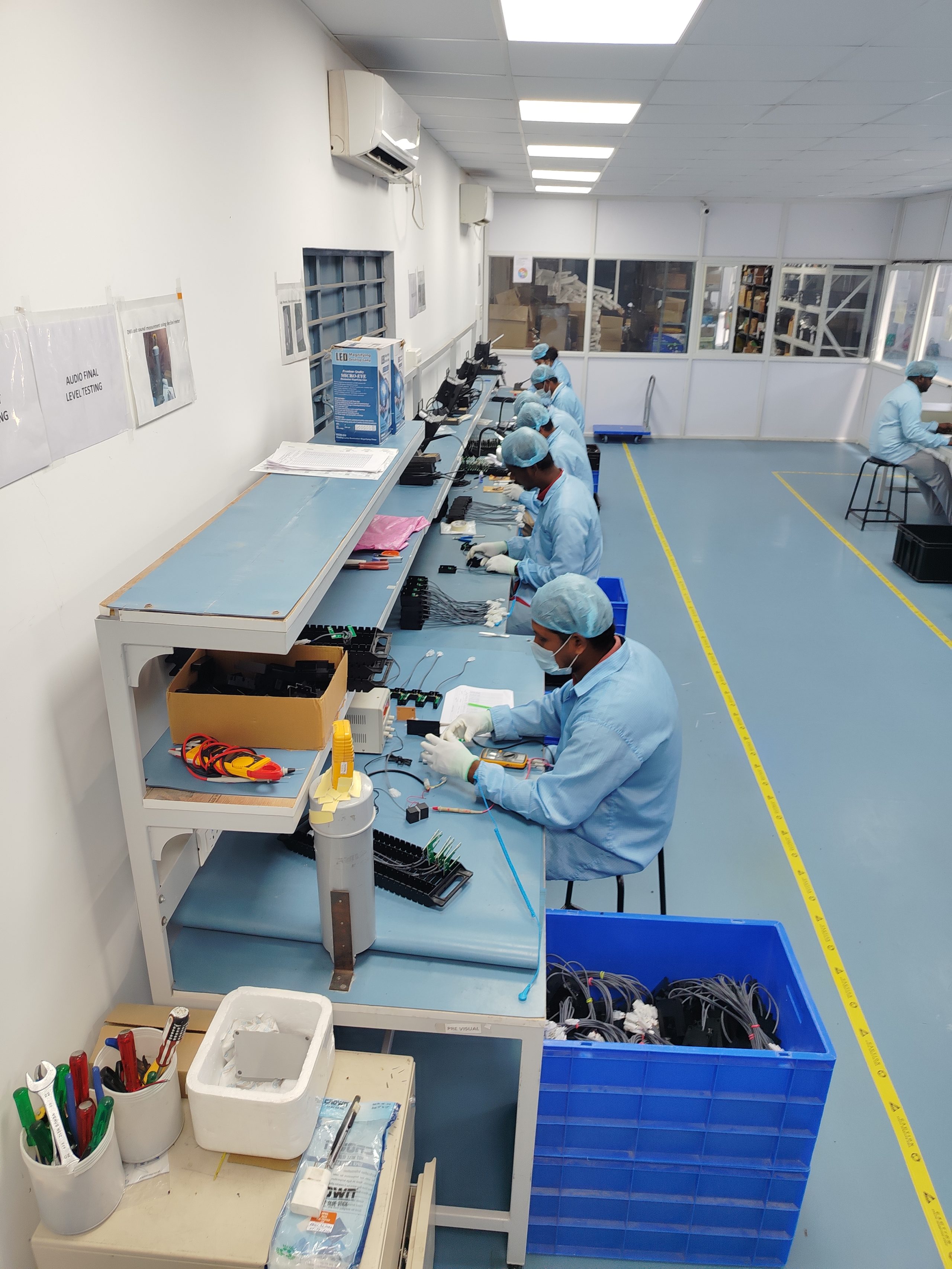ECU Thermal Performance Tester
ECU Thermal Performance Tester

An ECU (Electronic Control Unit) Thermal Performance Tester is a specialized test system designed to evaluate the thermal behavior and performance of electronic control units used in various applications, including automotive, industrial, and consumer electronics.
ECUs generate heat during operation, and excessive heat can affect their performance, reliability, and lifespan. The ECU Thermal Performance Tester is used to simulate and assess the thermal conditions that the ECU may experience in real-world operating environments. It helps manufacturers and engineers understand the thermal characteristics of the ECU and ensure that it operates within safe temperature limits.
Here are some key aspects and functionalities of an ECU Thermal Performance Tester:
- Thermal Cycling: The tester subjects the ECU to thermal cycles by heating and cooling it repeatedly. This simulates the temperature variations that the ECU may encounter during operation, such as engine compartment heat in automotive applications. It evaluates the ECU’s ability to withstand thermal stress and assesses any potential performance degradation or failure due to temperature changes.
- Temperature Control and Measurement: The tester provides precise control over the temperature applied to the ECU. It includes heating and cooling mechanisms to simulate different environmental conditions. The temperature is monitored and measured using temperature sensors, thermocouples, or other measurement devices to ensure accurate thermal characterization.
- Thermal Stress Testing: The tester applies thermal stress to the ECU by subjecting it to high temperatures for an extended duration. This tests the ECU’s ability to dissipate heat effectively and maintain its operational performance within specified temperature limits. It helps identify potential thermal management issues such as overheating, component degradation, or thermal-induced malfunctions.
- Performance Evaluation: The tester measures the ECU’s performance under different thermal conditions. This includes assessing the ECU’s response time, signal integrity, communication reliability, and overall functionality during thermal cycling. It helps identify any performance degradation or anomalies related to temperature variations.
- Temperature Distribution Analysis: The tester analyzes the temperature distribution across the ECU’s components and circuitry. This helps identify hotspots or areas prone to overheating. It allows engineers to optimize the ECU’s thermal design, such as heat sink placement, airflow management, or additional cooling measures, to enhance its thermal performance. Monitors the temperature of the ECU / components like MOSFETs / battery cells using thermal vision cameras and sensors.
- Safety and Reliability Assessment: The tester helps ensure that the ECU operates within safe temperature limits to prevent damage or premature failure. By subjecting the ECU to rigorous thermal testing, it enables manufacturers to assess the ECU’s reliability, predict its operational lifespan, and implement appropriate thermal management strategies.
By using an ECU Thermal Performance Tester, manufacturers, developers, and engineers can evaluate the thermal characteristics of ECUs, identify potential thermal-related issues, and optimize their thermal designs. This testing process helps improve the reliability, performance, and longevity of ECUs in various applications, ensuring they can operate under demanding thermal conditions.
Features:
- Accelerated and full Load testing of ECUs
- Precision thermal vision cameras and thermal chambers are used
- NI Vision, LabVIEW, TestStand based Graphical User Interface (GUI) and functional software
- Multiple DUTs can be tested simultaneously to increase productivity (JPH)
- Faster and error free testing
- Industry 4.0 compliant systems (MES server update, component traceability, cloud update, etc,)
- Traceability of DUTs, report generation facility, label printing facility, FPY analysis options, etc., are provided for productivity analysis
- Historical data store of test results







